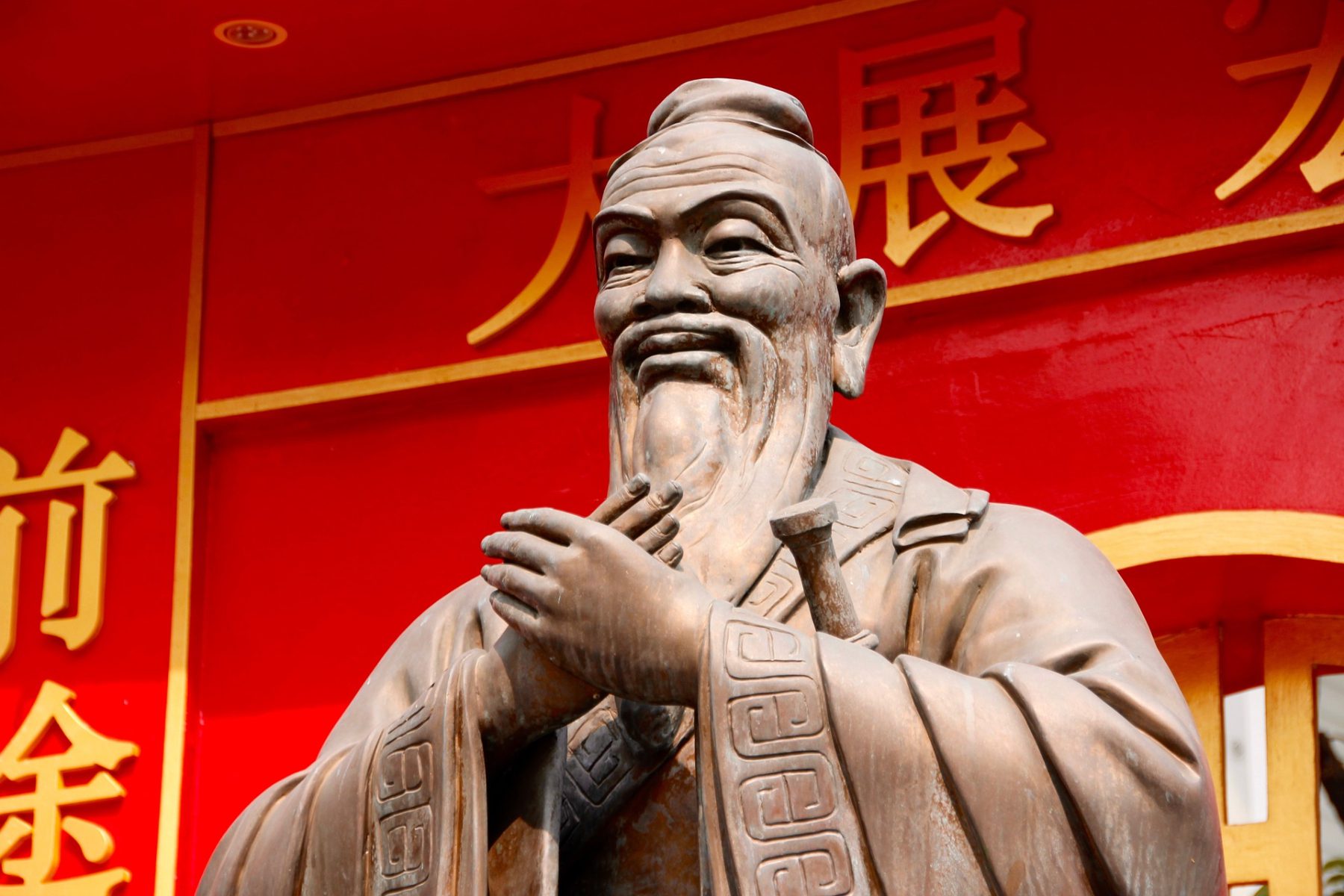
There is great tension between China and the United States. This time it is not about chips or steel, but about a lesser known but crucial product: rare earth metals. Since this conflict broke out, the Bitcoin price has been under considerable pressure. High time to take a closer look at this.
Free financial newsletter!
Want to stay informed about the most important developments in the financial world? Then subscribe for free The Money Press.
Join over 6,000 others who every Monday receive a full market update in their inbox. And best of all? It’s completely free.
You can register here!
Rare earth metals are a group of 17 metallic elements with names few people know: samarium, yttrium, dysprosium and lutetium, to name a few.
In themselves they may seem unimportant. But combined with other materials, they provide stronger materials, powerful magnets and better electronics. They are in:
- the small speakers of wireless earphones
- motors in electric cars or even your car seat
- the screens of phones and laptops
- and, not unimportantly, in weapon systems such as fighter jets, submarines and naval ships
A modern fighter plane contains more than 400 kilos of rare earth metals. That’s how important those earth metals are.
China’s position of power
Although the name suggests otherwise, rare earth elements are not really rare. They occur worldwide, including in Brazil, India and Australia. But the problem is with production:
- About 70% of the extraction takes place in China.
- For processing and refining this increases to more than 90%.
And the latter process is difficult, expensive and polluting. For years, many Western countries have chosen to leave that dirty job to China. The result: the world is now largely dependent on one enormous mine in Northern China.
What is China threatening to do now?
From December 1, Beijing wants any product containing even a small amount of Chinese rare earth elements to require an export permit. On paper, that seems like an administrative rule. In practice, it gives China a powerful tool: it can halt exports at any time.
That would have huge implications for industries around the world, from defense to consumer electronics.
The response from Washington
US President Trump responded with the threat to impose 100 percent additional tariffs on Chinese goods. At the same time, negotiations between the two countries are continuing. At the end of October, Trump and Chinese President Xi Jinping will meet at the APEC summit in Peru. Until then, it seems like a game of threat and counter-threat.
According to American sources, Washington is even considering its own export restrictions, for example on software, as a countermove.
What is at stake?
The stakes are high: a trade conflict over rare earth metals could hit the global economy. Without these metals, production and employment are at risk, especially in the technology and defense sectors.
Yet most analysts do not expect China to fully use its power. An export stop would also be painful for the Chinese economy. But the threat alone is causing unrest in the markets.
The trade war between the US and China is increasingly about strategic raw materials that are in almost everything we use every day. There is little chance that the tap will turn off completely, but as long as both superpowers challenge each other, markets will continue to react nervously.
For the time being, Bitcoin may suffer from this.
Free financial newsletter!
Want to stay informed about the most important developments in the financial world? Then subscribe for free The Money Press.
Join over 6,000 others who every Monday receive a full market update in their inbox. And best of all? It’s completely free.
You can register here!
Source: https://newsbit.nl/de-grote-dreiging-van-china-en-het-gevolg-voor-bitcoin/

